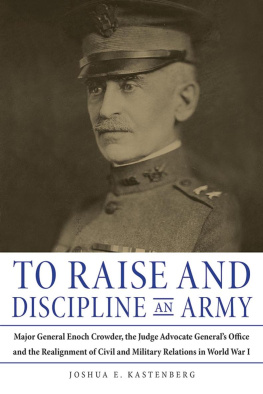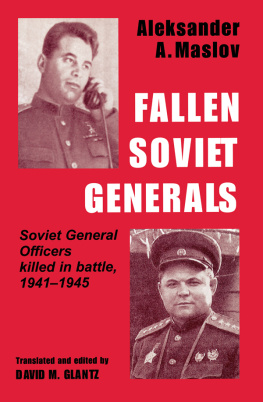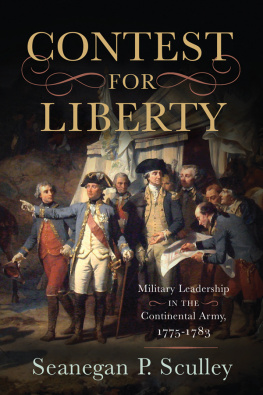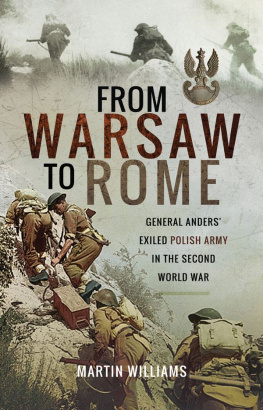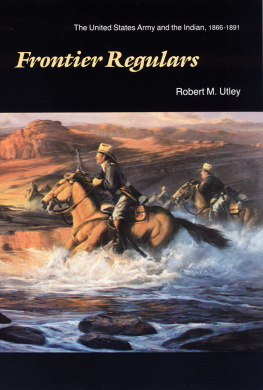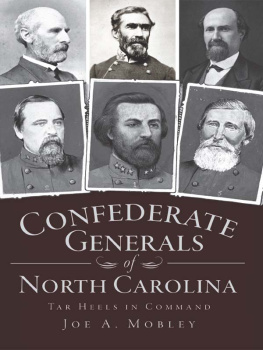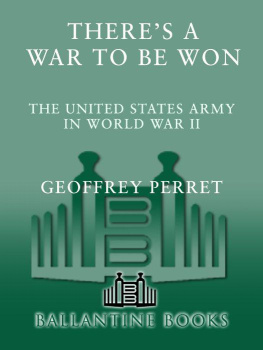Joshua Kastenberg - To Raise and Discipline an Army: Major General Enoch Crowder, the Judge Advocate General’s Office, and the Realignment of Civil and Military Relations in World War I
Here you can read online Joshua Kastenberg - To Raise and Discipline an Army: Major General Enoch Crowder, the Judge Advocate General’s Office, and the Realignment of Civil and Military Relations in World War I full text of the book (entire story) in english for free. Download pdf and epub, get meaning, cover and reviews about this ebook. year: 2017, publisher: Cornell University Press, genre: Politics. Description of the work, (preface) as well as reviews are available. Best literature library LitArk.com created for fans of good reading and offers a wide selection of genres:
Romance novel
Science fiction
Adventure
Detective
Science
History
Home and family
Prose
Art
Politics
Computer
Non-fiction
Religion
Business
Children
Humor
Choose a favorite category and find really read worthwhile books. Enjoy immersion in the world of imagination, feel the emotions of the characters or learn something new for yourself, make an fascinating discovery.
- Book:To Raise and Discipline an Army: Major General Enoch Crowder, the Judge Advocate General’s Office, and the Realignment of Civil and Military Relations in World War I
- Author:
- Publisher:Cornell University Press
- Genre:
- Year:2017
- Rating:4 / 5
- Favourites:Add to favourites
- Your mark:
To Raise and Discipline an Army: Major General Enoch Crowder, the Judge Advocate General’s Office, and the Realignment of Civil and Military Relations in World War I: summary, description and annotation
We offer to read an annotation, description, summary or preface (depends on what the author of the book "To Raise and Discipline an Army: Major General Enoch Crowder, the Judge Advocate General’s Office, and the Realignment of Civil and Military Relations in World War I" wrote himself). If you haven't found the necessary information about the book — write in the comments, we will try to find it.
Major General Enoch Crowder served as the Judge Advocate General of the United States Army from 1911 to 1923. In 1915, Crowder convinced Congress to increase the size of the Judge Advocate Generals Officethe legal arm of the United States Armyfrom thirteen uniformed attorneys to more than four hundred. Crowders recruitment of some of the nations leading legal scholars, as well as former congressmen and state supreme court judges, helped legitimize President Woodrow Wilsons wartime military and legal policies. As the United States entered World War I in 1917, the army numbered about 120,000 soldiers. The Judge Advocate Generals Office was instrumental in extending the militarys reach into the everyday lives of citizens to enable the construction of an army of more than four million soldiers by the end of the war. Under Crowders leadership, the office was responsible for the creation and administration of the Selective Service Act, under which thousands of men were drafted into military service, as well as enforcement of the Espionage Act and wartime prohibition. In this first published history of the Judge Advocate Generals Office between the years of 1914 and 1922, Joshua Kastenberg examines not only courts-martial, but also the development of the laws of war and the changing nature of civil-military relations. The Judge Advocate Generals Office influenced the legislative and judicial branches of the government to permit unparalleled assertions of power, such as control over local policing functions and the economy. Judge advocates also altered the nature of laws to recognize a persons diminished mental health as a defense in criminal trials, influenced the assertion of US law overseas, and affected the evolving nature of the law of war. This groundbreaking study will appeal to scholars, students, and general readers of US history, as well as military, legal, and political historians.
Joshua Kastenberg: author's other books
Who wrote To Raise and Discipline an Army: Major General Enoch Crowder, the Judge Advocate General’s Office, and the Realignment of Civil and Military Relations in World War I? Find out the surname, the name of the author of the book and a list of all author's works by series.

